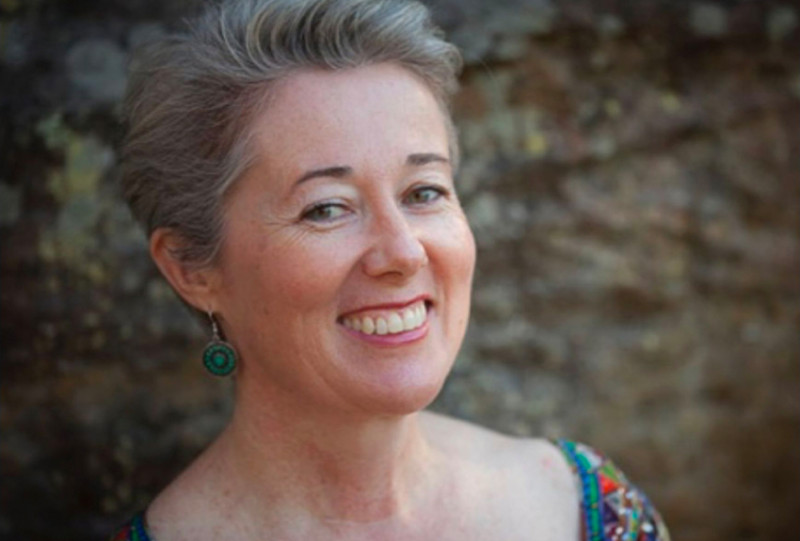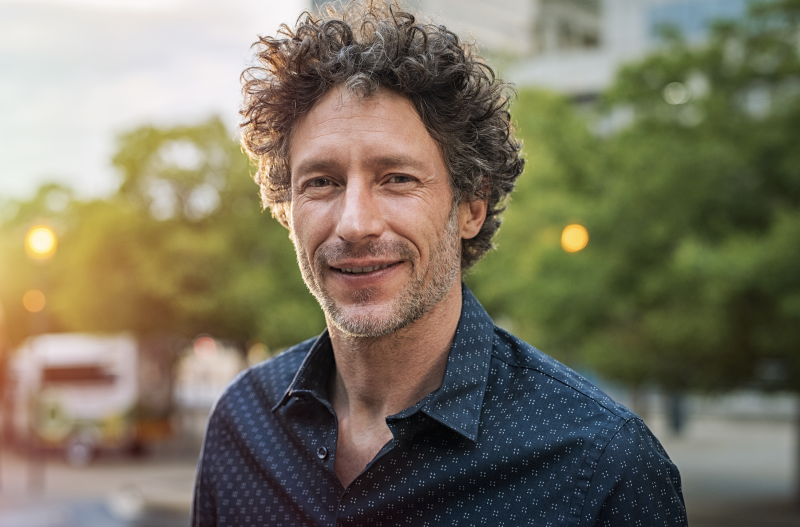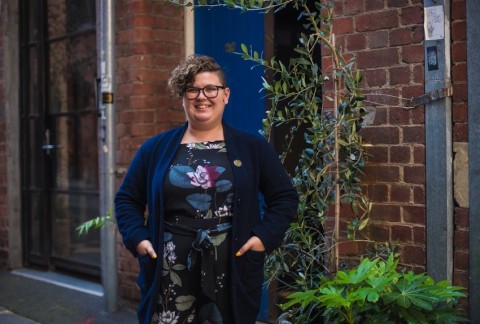“Having a bipolar episode, is different, in every decade of your life.”
This is what the psychiatrist told me, when I confessed I was having an affair, had changed my career to being a Landscape Gardener, was organising my divorce, plus a move out of the home my kids and I had lived in with my ex-husband. “Really?” I said. “I thought I was just having a mid-life crisis while being medicated successfully for bipolar disorder?”
“No”, he said, “you are having an episode in your 40s and you have a lot more resources and a much more complex presentation than you had during the onset episode in your 20s when you were manically working in a nightclub, squatting in a commercial building and flunking courses in your university degree.” “Oh”, I said. Then just to add a little bit of witty repartee to the conversation, he added, “You are taking ‘bush’ regeneration to a whole new level.” I breathed, a sigh, at this point, because of all the bipolar episodes suddenly flashing through my memory, this one was going to be the most life changing.
When now in my 50s, I look back, seeing there are intergenerational mental health symptoms in my family. My maternal grandfather was hospitalised in the 1930s with depression. This is the first documented mental health episode in my family. Then the line runs to me, then from me to my sons. A predisposition for bipolar disorder definitely runs in my family. Unlike earlier generations, though, my sons and I talk about our mental health with each other. They know the signs; they know the ‘pack drill’ and they have all visited me in a psychiatric ward. My children have grown up with the understanding that a psychiatrist is as essential as a good GP.
Yet, for all of our joint knowledge and lived experience, this has not prevented us from having mental health episodes – it just helps us navigate therapy when we need a psychologist, or which medications work in our family, and the way we make sure that we are there for each other with maybe a little less stigma. ‘Untreated’ mental health episodes are rare in our family. We are more likely to think that maybe it’s ‘mental’ rather than ‘physical’.









